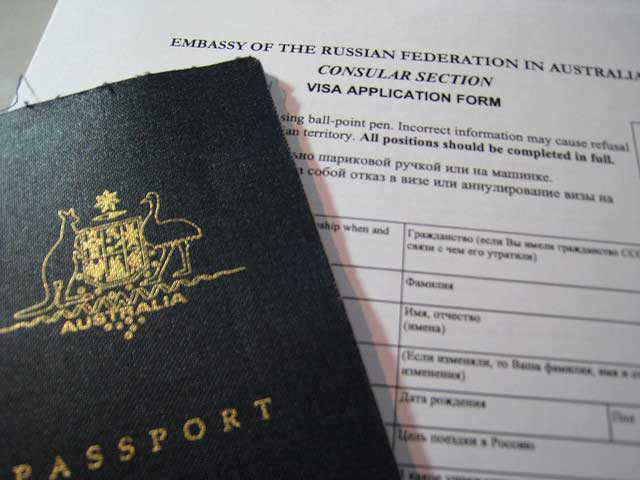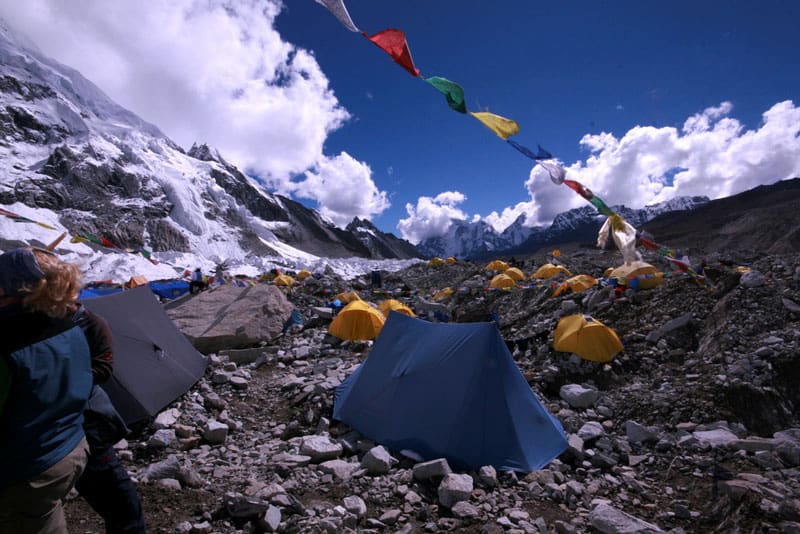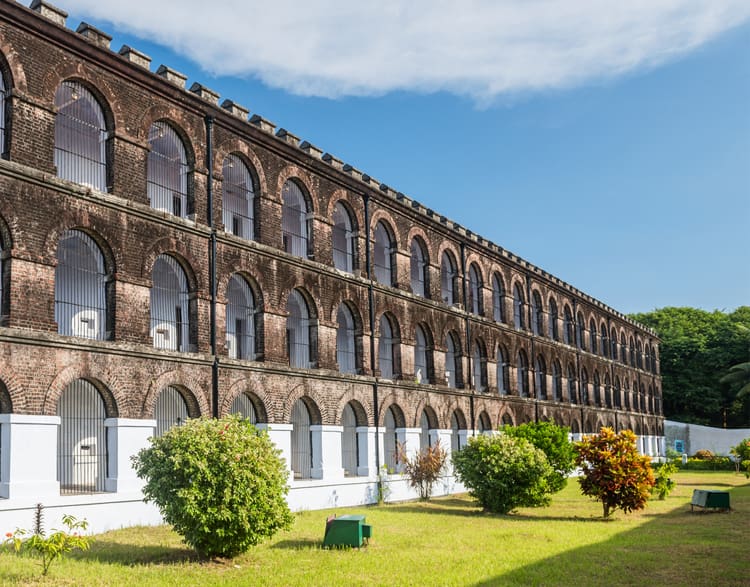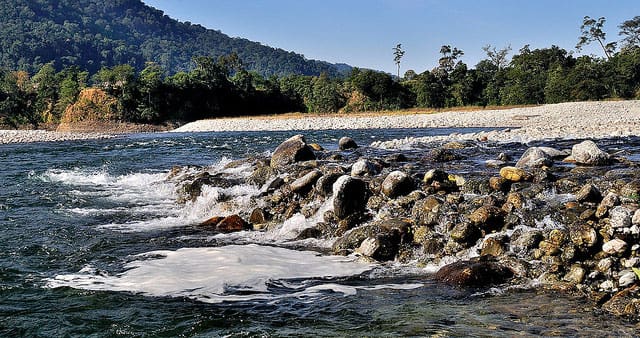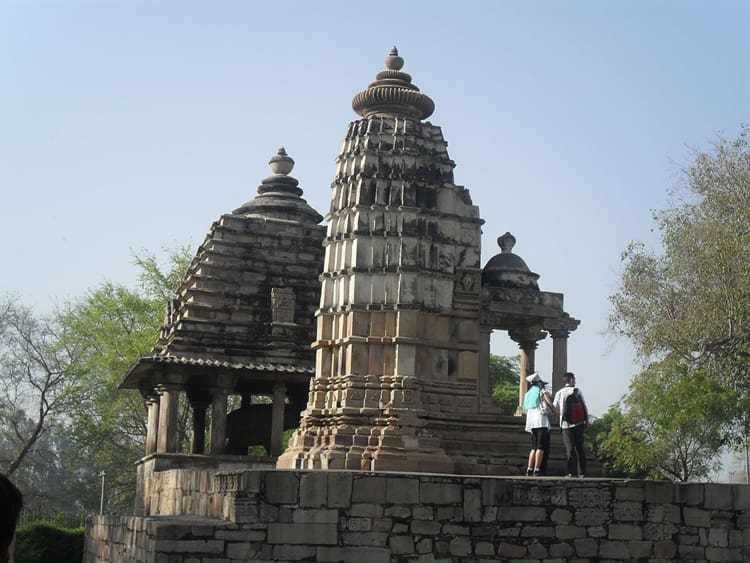India’s magnetic blend of rich heritage, vibrant culture, spiritual landscapes, and dynamic economy attracts millions of UK travelers every year. However, before embarking on your journey, obtaining a valid Indian visa is crucial. Applying for an Indian visa from UK requires understanding procedures, requirements, and latest regulations to ensure seamless travel. With detail-packed guidance, we help you navigate every aspect of the application process, making your journey from the UK to India hassle-free and straightforward.
Types of Indian Visas Available for UK Residents
When considering travel to India, UK applicants can choose among several visa categories, each tailored for specific purposes. The most common categories include:
-
Tourist Visa: For leisure, visiting family or friends, or sightseeing.
-
Business Visa: For attending meetings, conferences, or trade.
-
Medical Visa: For specialized treatments, surgeries, or as an attendant to a medical patient.
-
Conference Visa: For seminars, workshops, and international conferences.
-
Student Visa: For academic courses and studies in Indian institutions.
-
Employment Visa: For formal work assignments and jobs.
NB: Each visa type has specific eligibility criteria and documentation requirements, so ensure you choose the one matching your travel goals.
Steps to Apply for an Indian Visa from the UK
1. Identify the Appropriate Visa Category
Carefully assess your reason for travel to India and select the most relevant visa category. Visit the Indian Visa Online Portal or the VFS Global UK site, as the Indian government contracts VFS Global for the collection of visa applications in the UK.
2. Prepare the Required Documentation
For every visa, certain documents are mandatory. Generally, UK applicants will need:
-
Valid UK passport (minimum six months’ validity from intended date of arrival in India, with at least two blank pages).
-
Recent passport-sized photographs meeting Indian visa specifications.
-
Completed visa application form online.
-
Proof of residence in UK, if not a UK citizen.
-
Supporting documents based on visa category (e.g., invitation letter for business, medical documents for treatment).
-
For minors: Birth certificate and parental authorization.
3. Fill and Submit the Online Visa Application Form
For e-Visa Applications
-
Visit the official Indian e-Visa Portal (indianvisaonline.gov.in/evisa).
-
Select the correct e-visa type (tourist, business, medical, etc.).
-
Complete the form online and upload a recent passport-sized photograph and a scanned copy of your passport’s information page.
-
Double-check all information for accuracy and consistency.
-
Submit the e-visa application.
For Regular/Paper Visas
-
Go to the Indian Visa Online Portal (indianvisaonline.gov.in/visa).
-
Complete the visa application, print out the form, and sign it.
-
Book an appointment at your nearest VFS Global Visa Application Centre in the UK (services.vfsglobal.com/gbr/en/ind/apply-visa).
-
Gather all supporting documents and attend the VFS appointment in person.
4. Payment of Visa Fees
For e-Visas, fees can be paid directly online by credit or debit card. For regular visas, follow instructions provided by VFS Global, which typically involves paying via their secure portal or at the application centre. Retain all payment receipts for reference.
5. Biometrics and Document Submission
For regular visas, applicants must attend a VFS Global centre for biometrics (fingerprints and photograph) and physically submit documents. Children below 12 years and applicants above 70 may be exempt from biometrics.
6. Visa Processing and Tracking
Processing times differ by visa type:
-
e-Visa: Generally processed within 3–5 days.
-
Regular visa: Processing takes 5–15 working days, but can be longer in certain cases (such as applicants of Pakistani origin).
Track your application’s progress using the reference number on the VFS or Indian visa portal.
7. Receival and Use of Visa
-
e-Visa: You’ll receive an Electronic Travel Authorization (ETA) via email. Print it out and carry it during your journey; present it on arrival, where the immigration official will stamp your passport.
-
Regular Visa: Collect your passport (with visa pasted inside) from the visa centre or opt for a courier service.
Understanding E-Visa for UK Travelers
E-Visa is the fastest and most convenient option for UK passport holders visiting India for tourism, business, or medical reasons. Its benefits include:
-
100% online process: No physical paperwork or in-person interviews required for most applicants.
-
Quick processing: Approval often within 72 hours.
-
Multiple entry validity: Tourist e-visas can be valid for up to one year, allowing for multiple entries with maximum stays of 90 days per visit for UK nationals.
-
Accepted at major airports and seaports in India.
Key e-Visa Conditions:
-
Not extendable or convertible.
-
Not available for diplomatic/official passports or applicants of Pakistani origin.
-
Only available for certain ports of entry (check for updated list).
Guidelines for UK Applicants of Pakistani Origin
Applicants of Pakistani origin or nationality must apply for regular visas. Processing may take longer and require additional documentation. British-Pakistani dual nationals must use their Pakistani passport for the Indian visa application. Proof of renunciation of Pakistani citizenship or cancellation of Pakistani passport may be required if using a British passport.
Visa on Arrival and Extension Policies
India does not offer visa on arrival for UK citizens. Apply in advance and secure your visa before travelling.
Should you need to extend your stay beyond your visa’s validity, approach the Foreigners Regional Registration Office (FRRO) in India before your current visa expires. Overstaying your visa is illegal and can incur fines and future entry bans.
Special Requirements: Passport Validity and Other Entry Criteria
-
Passport must have at least six months’ validity on arrival and a minimum of two blank pages for stamps.
-
Proof of sufficient funds and return or onward tickets is mandatory.
-
Vaccinations: Yellow fever and polio vaccination certificates required if arriving from affected countries.
Registration With Indian Authorities
Certain visa holders (students, those staying more than 180 days, some business/employment categories) must register with the Foreigners Regional Registration Office (FRRO) within 14 days of arrival in India. Failure to do so can result in penalties.
Detailed Stepwise Application: Visa Application Centres in the UK
The process for regular/paper visas (all non-evisa categories and applicants not eligible for e-visa):
-
Complete online application: indianvisaonline.gov.in/visa.
-
Book an appointment: Via VFS Global (services.vfsglobal.com/gbr/en/ind/apply-visa).
-
Gather original and supporting documents.
-
Visit Visa Centre: Arrive at chosen VFS location on appointment day with all requisite documents and photographs.
-
Biometric enrollment: Fingerprints and photographs are collected for applicants unless exempt.
-
Pay any outstanding fees.
-
Application tracking: Use VFS’s tracking service.
-
Passport collection: Pick up when notified or get it delivered to your address by courier.
Important: Visit the VFS Global website for a current list of centres across the UK and precise documentation details for your visa type.
Comprehensive Checklist for Applying Indian Visa from UK
-
Valid passport (6+ months from your date of arrival, 2 blank pages)
-
Completed visa application form (e-visa or regular)
-
Passport-size photographs (as per Indian visa specification)
-
Proof of UK residency (if not a British citizen)
-
Supporting documents (tailored to your visa category)
-
Confirmed travel itinerary (flight and accommodation details, if required)
-
Payment receipts
-
Additional documents for minors or special cases
Common Reasons for Rejection and How to Avoid Them
-
Incomplete or inaccurate application forms.
-
Photographs not meeting Indian visa specifications.
-
Insufficient validity on passport.
-
Inconsistent or forged documentation.
-
Incorrect visa type selection.
-
Not providing required supporting documents for purpose of travel or proof of stay.
-
Application by ineligible individuals (e.g., diplomatic passport holders or those of Pakistani origin applying for e-visa).
Always double-check every section of your application, submit up-to-date documents, and follow the latest guidelines to minimize chances of refusal.
After Arrival: Legal and Practical Considerations in India
-
Ensure your passport is stamped on entry.
-
Register with FRRO if required.
-
Carry copies of your visa and identification at all times.
-
Comply with local laws and regulations.
Overstay is a serious offense: Always leave before your visa expires unless you have secured an official extension.
Additional Resources
Frequently Asked Questions (FAQs) About Applying for an Indian Visa from the UK
1. Can UK citizens apply for an Indian e-Visa?
Yes, UK passport holders can apply for tourist, business, or medical e-Visas online.
2. What is the processing time for an Indian e-Visa?
Typically, 3–5 working days, but it’s wise to apply at least a week in advance.
3. Is it possible to apply for an Indian visa upon arrival in India?
No. Visa on arrival is not available for UK citizens.
4. Do minors need to apply separately for an Indian visa?
Yes, all travelers, including children, require individual visas and passports.
5. Where are the Indian visa application centres in the UK located?
Major cities include London, Birmingham, Manchester, Edinburgh, Belfast, and Cardiff.
6. What type of photo is required for the Indian visa application?
A recent, front-facing passport-size photograph with white background is required. Check official requirements for up-to-date sizing.
7. How long must my UK passport be valid for to apply for an Indian visa?
At least six months from the date of intended arrival in India.
8. What is the maximum stay allowed on an Indian tourist visa?
Up to 180 days in a year for regular visas; for e-visas, 90 consecutive days per visit (UK citizens).
9. How do I track the status of my Indian visa application?
Use the VFS Global or Indian e-Visa portal’s tracking service with your application reference number.
10. Can my Indian visa be extended?
In most cases, no. Visa extensions are only approved under exceptional circumstances (e.g., medical emergencies).
11. Is the visa fee refundable if my application is rejected?
No, visa fees are generally non-refundable.
12. What should I do if I lose my passport or visa while in India?
Report immediately to the nearest police station and contact your embassy and Indian immigration for assistance.
13. Can British Overseas Citizens or persons of Indian origin apply for e-Visas?
Persons of Indian origin may be eligible for OCI status, which allows visa-free travel. Otherwise, regular rules for e-Visas apply.
14. Can I travel anywhere in India on an e-Visa?
Yes, but entry must be through designated airports/seaports.
15. What if my name or details change after visa issuance?
You must re-apply for a visa with correct details. Changes are not permitted on issued visas.


